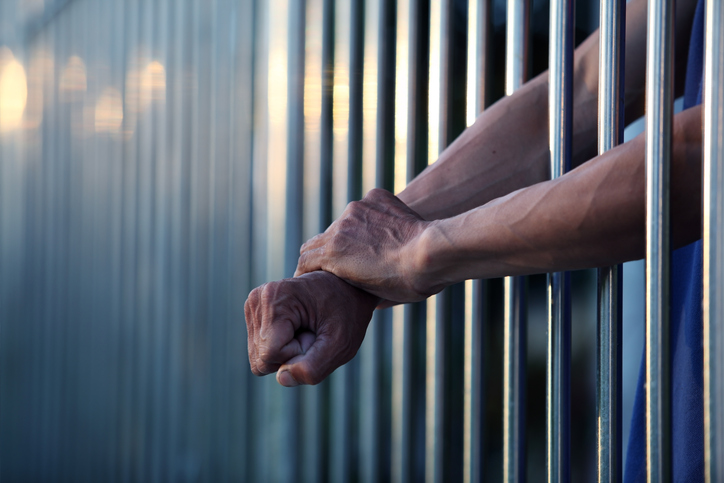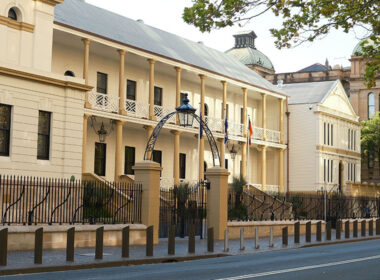The Australian Law Reform Commission (ALRC) has released a report showing that Indigenous people are being imprisoned at a rate more than double that reported 27 years ago by the Royal Commission into Aboriginal Deaths in Custody.
The ALRC Indigenous Incarceration Report was released on 28 March and threw light on the staggering numbers of Indigenous Australians being caught up in the prison system. It noted that in 1991, the Royal Commission into Aboriginal Deaths in Custody found that Indigenous Australians were being imprisoned at seven times the rate of the general Australian population. Today, that number has more than doubled. “This figure has jumped to 14.7 times for Aboriginal and Torres Strait Islander men and a staggering 21.2 times for Aboriginal and Torres Strait Islander women,” said the President of the Law Council of Australia, Morry Bailes, who called the situation a “national crisis”.
The report found that Aboriginal and Torres Strait Islander adults make up about 2 per cent of the population, yet they constitute 27 per cent of the national prison population. In 2016, about 20 in every 1,000 Indigenous people were incarcerated.
“The ALRC report must not go the way of the past Royal Commission report where most of the recommendations are still gathering dust,” said Bailes. The ALRC report came before the Northern Territory Government announced on 20 April that it would invest $229.6 million over five years to improve child protection and youth justice. The strategy included plans to replace Don Dale and Alice Springs Youth Detention Centres and invest in community-led programs that would help divert young people from crime and future offending.
The ALRC report must not go the way of the past Royal Commission report where most of the recommendations are still gathering dust. The ALRC’s recommendations offer a renewed roadmap to end disproportionate numbers of Aboriginal and Torres Strait Islander people in incarceration.
MORRY BAILES
Such funding would address youth imprisonment issues that Bailes said were inextricably linked to the high imprisonment rates of Indigenous adults. “There is no doubt that the extremely high rate of Aboriginal and Torres Strait Island imprisonment is linked to punitive criminal justice measures that bring them into contact with the justice system at a very young age,” he said. The ALRC report noted that higher incarceration rates did not necessarily correlate with higher crime rates, but could be due to discretionary factors and prejudices within the system. For example, Indigenous people were seven times more likely than non-Indigenous people to be charged with a criminal offence and were 11 times more likely to be held in prison on remand, rather than be granted bail. Up to one third of Aboriginal and Torres Strait Islander people in prison were being held on remand awaiting trial or sentence – many of whom did not receive a custodial sentence after conviction.
The report offered 35 recommendations for State, Territory and Commonwealth governments to address incarceration rates, including reforms to bail laws and sentencing so judges could take into account systemic and background factors.




